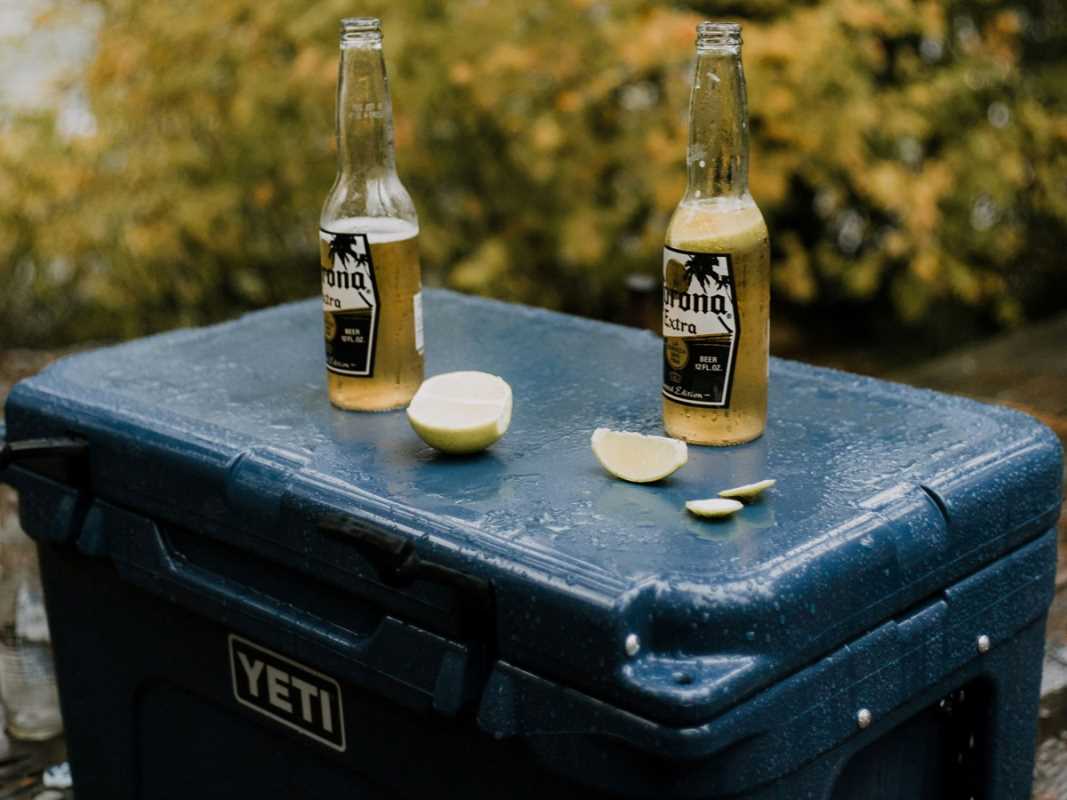Traveling offers so many unique experiences, and shopping for cultural souvenirs is part of the adventure. These keepsakes not only remind you of your trip but also introduce you to the traditions, craftsmanship, and stories of the places you've visited. But, it’s important to shop thoughtfully. Sometimes, our excitement for a “perfect” souvenir can overlook the respect these items deserve or the impact of our choices. The good news? Shopping for souvenirs respectfully is not hard, and it can even enhance your travel experience. This guide will show you how to shop with intention, support local artisans, and honor the culture behind each item.
Why Respectful Souvenir Shopping Matters
When you buy a souvenir, you’re not just buying an object. You’re carrying home a piece of someone’s culture and heritage. Items like pottery, textiles, carvings, and jewelry often reflect years (or even centuries) of tradition. By shopping respectfully, you can:
- Support local artisans and their communities.
- Avoid unintentionally buying fake or mass-produced items passed off as traditional.
- Avoid offending the culture you're trying to celebrate by ignoring its significance.
Respectful shopping is more than good manners; it’s an act of appreciation and responsibility. Not to mention, it makes your souvenirs more meaningful!
Tip 1: Research Before You Go
A little research before your trip can make a big difference. Learn about the traditional crafts or art forms in the places you’re visiting. For example, in Mexico, you’ll find handmade textiles and Talavera pottery. Morocco is known for its intricate rugs and leather goods. Knowing what to look for will help you spot authentic items when you shop. It’ll also give you a better understanding of their history and cultural significance.
Beyond that, check for any restrictions on what you can bring home. Some countries prohibit the export of certain items, like antiquities or endangered animal products. Avoid purchasing anything that could contribute to cultural exploitation or environmental harm. For example, shell jewelry may seem tempting, but it might be harmful to marine ecosystems.
Tip 2: Shop Locally and Responsibly
One of the simplest ways to ensure respectful shopping is to buy directly from local artisans or small businesses. Street markets, craft fairs, and cooperatives are great places to look. When you buy from these sources, your money goes straight into the hands of the creators instead of being lost in big commercial chains.
When in doubt, ask questions. For example:
- “Did you make this item yourself?”
- “What materials were used, and where are they from?”
- “Is this design traditional to the area?”
If sellers are open and proud of their answers, that’s a good sign you’re purchasing something authentic. On the flip side, large souvenir shops selling the same items in bulk (at suspiciously low prices) are often signs of mass production.
Tip 3: Avoid Cultural Appropriation
Cultural appropriation happens when people take elements of a culture without understanding or respecting their meaning. This can easily happen while souvenir shopping, even with good intentions. For example, buying sacred objects like Native American headdresses, religious symbols, or ceremonial masks for decorative purposes might be seen as disrespectful or insensitive.
Before you buy, ask yourself:
- Is this item sacred or symbolic in the culture?
- Am I purchasing it for the right reasons?
- Will my use of this item align with its cultural importance?
If the answer is no or you’re unsure, it’s best to leave it behind. Instead, look for items that celebrate the culture without taking something sacred out of context, like handcrafted pottery, woven baskets, or paintings.
Tip 4: Be Prepared to Pay Fair Prices
Authentic, handmade items often reflect the care and time artisans put into creating them. That means they may cost more than mass-produced souvenirs. Paying fair prices ensures that artisans receive a proper income for their work. It also discourages exploitative labor practices that can hurt vulnerable communities.
If you’re shopping in a culture where bargaining is customary, approach it with respect. Haggling can be fun and part of the experience, but it should never be about paying the lowest possible price. Aim for a fair deal for both you and the seller.
Tip 5: Look for Certifications and Ethical Practices
Many craftspeople and cooperatives belong to organizations that certify products as fair trade, sustainable, or authentic. These certifications can guarantee that what you’re buying was made responsibly and that artisans were paid fairly. Some items may also come with a label or card explaining their story, such as how they were made or the traditions behind them.
While not every artisan will have certifications, especially in small markets, it’s a good idea to check when possible. It’s one more way to ensure your purchase aligns with your values.
Tip 6: Skip the Mass-Produced Stuff
Trinkets like magnets, plastic figurines, or T-shirts might be fun, but they’re typically mass-produced in factories far away and have little connection to the place you’re visiting. Instead, focus on items with a personal touch. A handwoven scarf, a hand-carved bowl, or even a small pack of locally grown spices can feel much more meaningful.
Tip 7: Go Beyond Objects
Souvenirs don’t always have to be physical items. Consider experiences as souvenirs, too. A cooking class, a photography workshop, or a traditional dance performance can stay with you far longer than a fridge magnet. Some places even offer opportunities to learn directly from artisans, like how to weave or paint with natural dyes. These moments create memories you’ll cherish forever.
The next time you’re exploring a market or wandering through a craft shop, take a moment to consider how and where each item was made. With a little curiosity and care, you can support artisans, protect traditions, and make your souvenirs more meaningful.
 (Image via
(Image via





